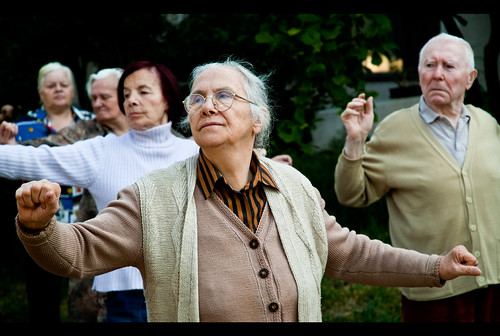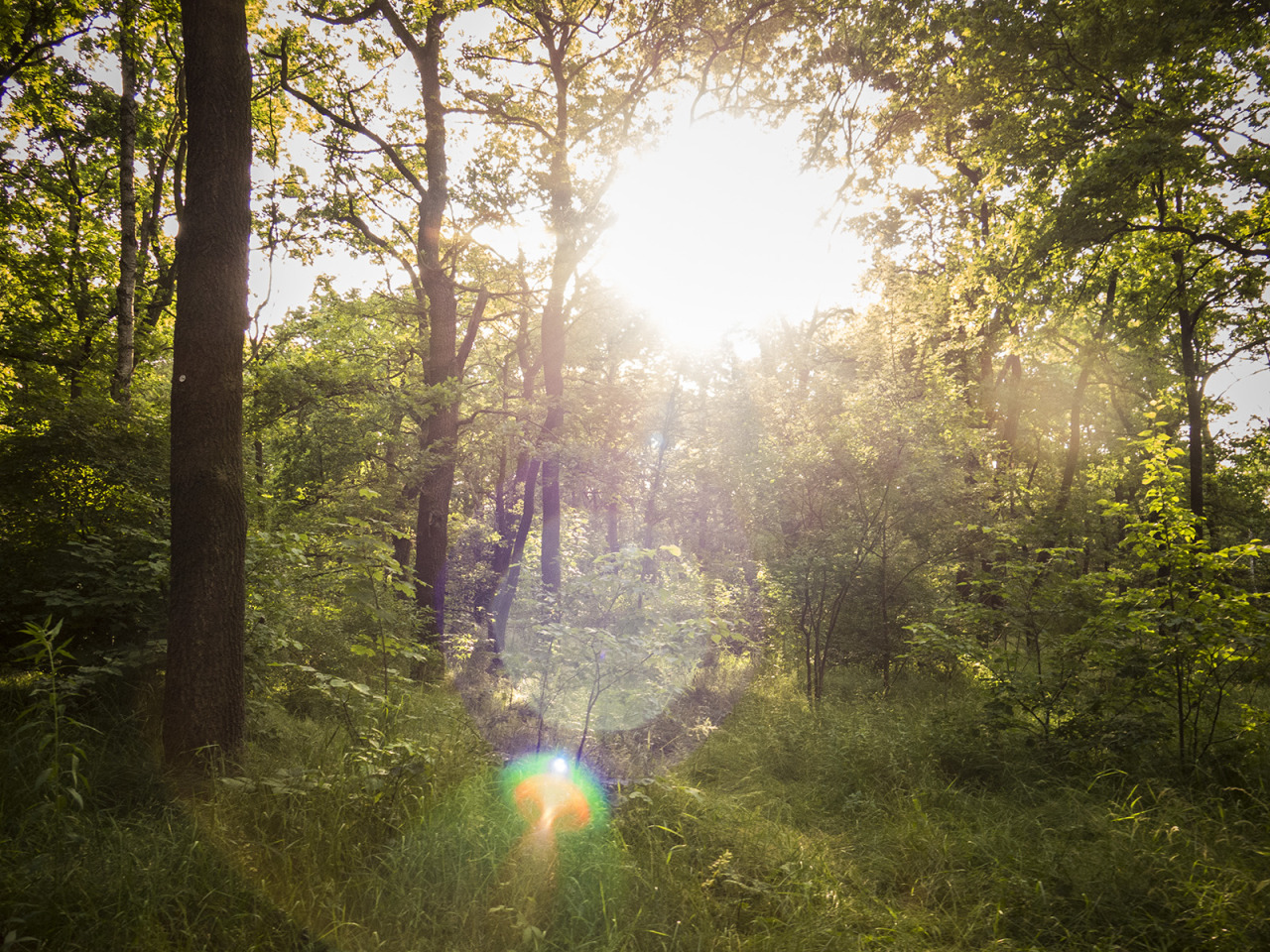In the end, long life is the reward, strength, and beauty.
— Grace Paley

Image source: Flickr user sima dimitric
In the end, long life is the reward, strength, and beauty.
— Grace Paley
If presented with the choice between having a shorter or longer life, most of us would probably choose the latter — assuming that the quality of life was high. Having more time on this Earth with the people we love and activities we enjoy is desirable. And yet, in America, the average life expectancy (78 years old) is about 12 years less than what research says our bodies are actually capable of. Why is this? Are poor diets and lack of exercise the culprits?
Not quite, says Dan Buettner, a longevity expert whose TED Talk reveals the findings of his extensive studies on the subject. In partnership with National Geographic, Buettner and other experts in the field went in search of the places in the world — called Blue Zones — where people live long, quality lives. After discovering several Blue Zones, Buettner and his team investigated what these cultures were doing differently in terms of lifestyle.
The first Blue Zone they came across was in beautiful Sardinia, Italy, where men frequently live vivacious lives as centenarians due to their culture’s thoughtful approach to old age: Sardinian people revere their elders. This has a positive ripple effect on not only the elderly, but the youth as well: Sardinia boasts very low child mortality rates.
The second Blue Zone they discovered was on one of the islands of the Okinawa archipelago in Japan, where women live on average seven years longer than they do in America. In addition to eating a largely plant-based diet, they also have a mindful eating practice inspired by Confucius, called the “Hara Hachi Bu diet.” This involves saying a little reminder to stop eating when they feel about 80% full, since it takes about 30 minutes for the brain to recognize that full feeling.
Further, the people of Okinawa do two other important things that enable them to happily live well into their hundreds: they treasure life-long friendships, and focus on a concept called ikigai — or, sense of purpose. Community-oriented, they travel through life with about six close friends, called a Moai, offering one another lifelong support and companionship.
Meanwhile, the Okinawa people find meaning in their daily routines through what they call ikigai. For some, this is family; for others, it’s their work, hobby, or anything else that makes them feel excited to wake up in the morning. In America, we tend to split our lives into two distinct parts: for decades we work at a job, and then we retire. Instead, the Okinawa people simply continue to do whatever they enjoy, for as long as they enjoy it, creating a lifestyle based on flow.

Photo by Kimberly Bryant.
From all of the Blue Zones that Buettner and his team have studied, they’ve also discovered some key similarities that indicate lifestyle changes we can all make to improve our own longevity. These include being active, slowing down, living with purpose, and caring for family. For example, all of the Blue Zone cultures found ways to remain active throughout the day (without going to the gym!) simply by leading naturally physical lifestyles — such as walking or cycling to the store, making things by hand, and gardening. Taking downtime is another key to living longer. Whether through prayer, meditation, or mental breaks, consciously slowing down for just 15 minutes each day staves off dementia and reduces stress.
Are there any changes you’re keen on making in your life to make it more longevity-friendly?
The trained and compassionate staff at the Institute of Aging has many resources for individuals looking to maintain a healthy lifestyle during their later years, as well as those to help you gain the best in at-home senior care. Contact the Institute on Aging to find out more.







